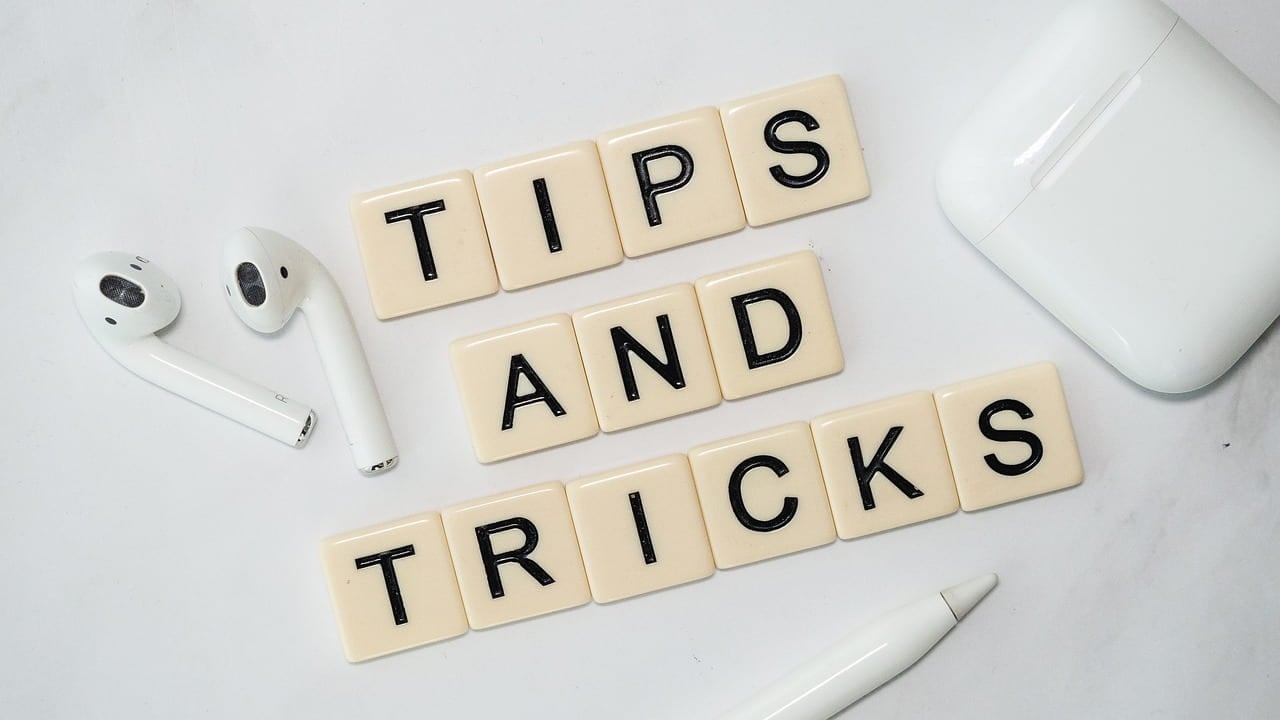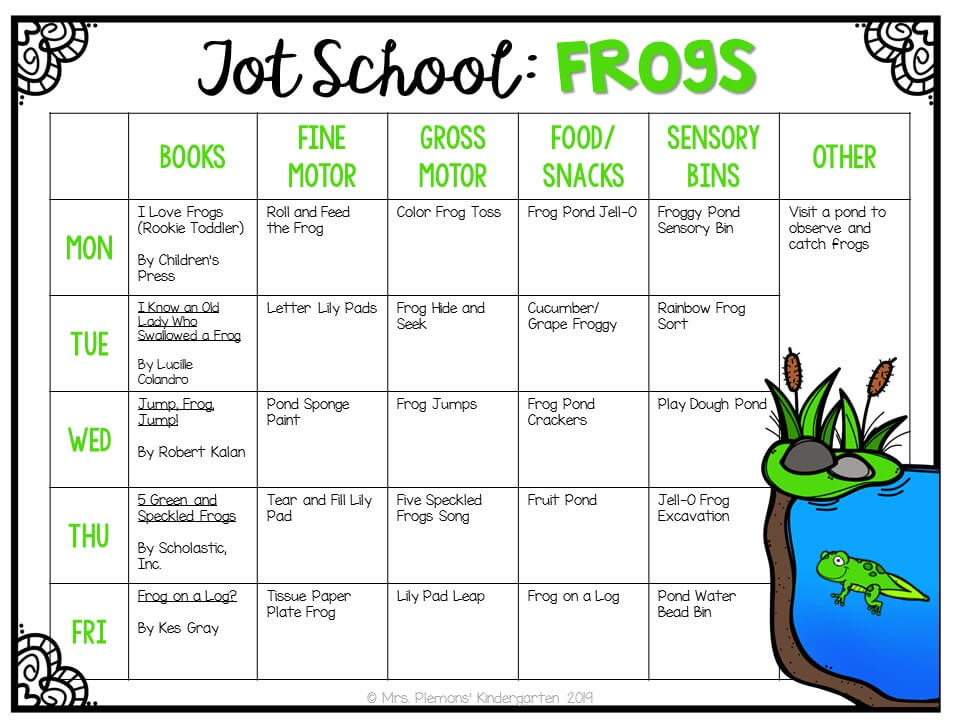Hi there! It´┐Żs Marsha here, and today, I´┐Żll share how I created more cards with the new Gelli Arts´┐Ż holiday stencils. This time, I focused on using alcohol and solvent-based inks on the Gelli´┐Ż plate. Have you ever tried...

Hi there! It´┐Żs Marsha here, and today, I´┐Żll share how I created more cards with the new Gelli Arts´┐Ż holiday stencils.
This time, I focused on using alcohol and solvent-based inks on the Gelli´┐Ż plate.
Have you ever tried using alcohol inks on the gel plate?
Here´┐Żs what you need to know before you start:
1. Alcohol inks are safe to use on the Gelli´┐Ż plate.
2. Alcohol inks can stain your plate permanently. You can clean off most ink residue with a drop of baby oil; however, you will likely not be able to remove the discolouration.
3. Discolouration of the gel plate doesn´┐Żt affect future printing!´┐Ż
However, if you aren´┐Żt keen on the stains, consider dedicating one of your plates to working with inks.
4. Alcohol inks also stain your hands, so consider wearing gloves.
5. Only use alcohol inks in a well-ventilated area and/or wear an appropriate mask.

Drying time
Alcohol ink dries quickly; however, the drying times will increase exponentially once you squeeze lots of it on the plate and place mylar stencils on top.
If you need to speed up the drying process, use a fan or a hairdryer in the cold setting. Or use an air blower. Never use a heat tool on a gel plate!
Picking up alcohol ink
You can pick up wet alcohol ink from the plate with regular paper; however, it will be more like blotting ink.

So, prints will be more successful if you let the alcohol ink dry on the plate first.
Once the ink is dry, you can use a fresh layer of acrylic paint, acrylic media (in the video, I use Gloss Medium) or a little Alcohol Lift-Ink Reinker to pull your print.

When applying the pick-up layer, ensure your brayer´┐Żs roller is covered. A dry brayer will remove the dry alcohol ink or StazOn from the plate.
Reactivation
Dried alcohol ink can be reactivated with fresh alcohol ink or alcohol. You can use this to your advantage by, for instance, pushing a stencil covered in dried alcohol ink into a wet layer of ink on the gel plate.

Rubbing alcohol or blending solution also increases the flow of alcohol inks on the gel plate, so it can be fun to experiment with adding them in.

I used the prints I made to create a set of holiday cards.

We always love seeing what you create, so remember to tag #GelliArts and @gelliarts on social media when you share your results!
Happy gel printing!
Marsha.

Materials:
5?x7? Gelli Arts´┐Ż Printing Plate
Poinsettia Stencil ´┐Ż Designed by Giovanna Zara (5?x7?)
Holiday Trees Stencil ´┐Ż Designed by Giovanna Zara (5?x7?)
Holiday Stars Stencil ´┐Ż Designed by Giovanna Zara (5?x7?)
Hellebore Stencil ´┐Ż Designed by Marsha Valk (5?x7?)
Gaultheria Stencil ´┐Ż Designed by Marsha Valk (5?x7?)
Edelweiss Stencil ´┐Ż Designed by Marsha Valk (5?x7?)
Other:
Gloves and a mask if needed
Alcohol inks (Ranger, Copic)
Solvent-based stamping ink (StazOn)
Rubbing alcohol (spray bottle) and/or Alcohol Blending Solution
Ranger Alcohol Lift-Ink Reinker
Hand sanitiser
Baby oil
Gelli Arts´┐Ż 4? Rubber Brayer
Acrylic paint´┐Ż
Gloss medium
Paper (200 gsm drawing paper)
Tissue paper
Stamps or other texture makers
Air blower
Cotton buds
Copy or scrap paper
Optional:
Gluestick
Folded notecards
Cutting equipment
Find us:
FOLLOW US:
Sign up to receive emails + special offers from Gelli Arts´┐Ż
The post Gel Printing With Alcohol Inks and Gelli Arts´┐Ż Holiday Stencils by Marsha Valk first appeared on Printing Projects.









